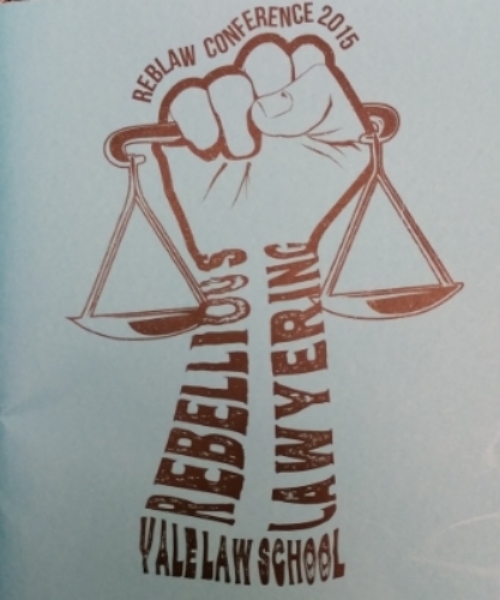CALA to Host Series of Free Workshops In February and March to Help Eligible Undocumented Immigrants to Apply for Expanded DACA, and to Get Documents Ready for DAPA Applications.
This Wednesday (February 18, 2015), the US government will begin accepting applications for the expanded Deferred Action for Childhood Arrivals (DACA) program authorized by President Obama's executive actions on immigration. The program provides a temporary reprieve from deportation, along with work authorization, for eligible immigrants who came to the United States before age 16.
Created by the Obama administration in 2012, the eligibility requirements for DACA were expanded by the President last November. At that time, the President also created a comparable “deferred action” program for the parents of citizens and permanent residents: Deferred Action for Parental Accountability (DAPA). The government is expected to start accepting DAPA applications in May.
As part of CALA’s commitment to providing support for community organizing and activism, CALA will hold free DACA & DAPA workshops, in collaboration with three of its partners, as part of their respective campaigns on immigration.
CALA’s DACA/DAPA workshop series schedule:
February 18, 2015, 4-8PM (as part of Enlace-Chicago’s IL is Ready Campaign)
Assistance to complete and file DACA applications (initial and renewals)
Please contact Enlace at 773.542.9233 for location and to schedule an appointment
March 19, 2015, 4-8PM (as part of Enlace-Chicago’s IL is Ready Campaign)
Assistance to complete and file DACA applications (initial and renewals)
Please contact Enlace at 773.542.9233 for location and to schedule an appointment
March 20, 2015, 4-9PM (as part of Centro de Trabajadores Unidos: Immigrant Workers Project’s (CTU) Executive Actions on Immigration Outreach Campaign)
Assistance to complete and file DACA applications (initial and renewals)
Eligibility review and materials preparation for prospective DAPA applicants
Please contact Raymundo Valdez at 773-349-2806 or rvaldez@ctu-iwp.org for location and to schedule an appointment
March 21, 2015, 9AM-12PM (as part of Centro de Trabajadores Unidos: Immigrant Workers Project’s (CTU) Executive Actions on Immigration Outreach Campaign)
Assistance to complete and file DACA applications (initial and renewals)
Eligibility review and materials preparation for prospective DAPA applicants
Please contact Raymundo Valdez at 773-349-2806 or rvaldez@ctu-iwp.org for location and to schedule an appointment
April 17, 2015, 4-8PM (as part of Enlace-Chicago’s IL is Ready Campaign)
Assistance to complete and file DACA applications (initial and renewals)
Please contact Enlace at 773.542.9233 for location and to schedule an appointment
April 29, 2015, 4-8PM (as part of Enlace-Chicago’s IL is Ready Campaign)
Assistance to complete and file DACA applications (initial and renewals)
Please contact Enlace at 773.542.9233 for location and to schedule an appointment
For individuals who are not eligible for DACA or DAPA, CALA will provide legal support for workshops hosted by the Organized Communities Against Deportation. For more information about these workshops, get in touch with OCAD: https://www.facebook.com/OCADIL
Stay tuned…once DAPA applications are available, CALA will release our DAPA application completion/submission workshops schedule.
















